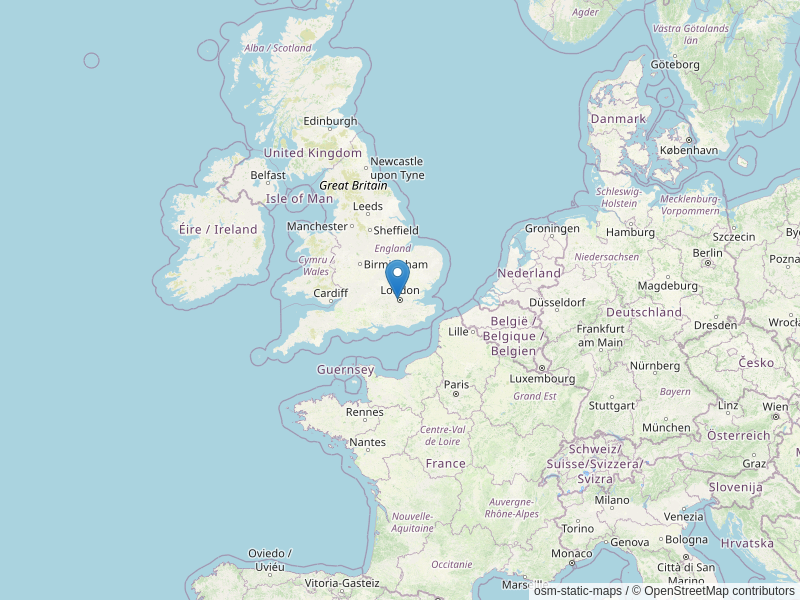Promoting German Studies - projects 2018-2021
Promoting German Pop Music Studies in the UK
The project aims to firmly establish the field of German Pop Music Studies as an emerging discipline within German Studies in the United Kingdom.
Despite the popularity of so-called Krautrock and German bands such as Kraftwerk or Rammstein in the UK, and despite the integration of pop music into the curricula of UK schools, serious concomitant scholarship is still rare.
The project will constitute an inclusive and interdisciplinary platform for Anglophone and German academics, music journalists, German-teaching institutions, artists/musicians, and the general public to investigate and assess the cultural significance of German Pop Music in the Anglophone world.
Activities include a conference and a lecture series, a website, outreach activities, primary research and publications, and the creation of a sustained network of stakeholders which will exist beyond the designated time frame.
The project will be of interest primarily (though not exclusively) to scholars working in the field of transnational cultural transfers and perceptions in general, and Anglo-German (musical) relations in particular.
Contact:
- Prof Stefan Manz: s.manzaston.ac.uk
- PD Dr Uwe Schütte: u.schutteaston.ac.uk
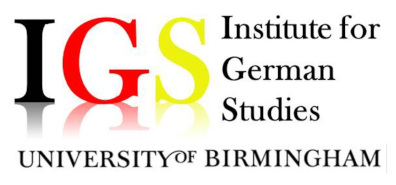
© University of Birmingham
Institute for German Studies (IGS), University of Birmingham
Summary of the project: Shifting Constellations: Germany and Global (Dis)Order
This DAAD-funded research project seeks to analyse, from a range of disciplinary and geographical perspectives, how Germany is navigating significant disruptions to the “liberal international order”. The project seeks to explore Germany’s roles in response to these disruptions, to understand self-perceptions, expectations and contestations within Germany and from its partners in global politics, and explore how Germany negotiates and enacts its various roles and its relations with some of its key partners and challengers in these turbulent times.
The project will explore Germany’s roles in, and responses to, shifting global constellations in four core research strands: 1) Institutions; 2) People; 3) Media; 4) Ideas and Identities.
Focused around these core research strands, the project will bring staff and early career researchers to the IGS from DAAD German and European Studies Centres in China (Peking University), Japan (University of Tokyo), Poland (University of Wroclaw), the Russian Federation (St. Petersburg State University), and the USA (Brandeis University), as well as from universities in Germany and the UK, for two interdisciplinary research workshops and a concluding international conference.
The project’s collaborations with partner institutions in key regions across the globe will facilitate the exchange of expertise on shifting constellations in the world today and consolidate the role of IGS Birmingham as a primary hub for the support and inspiration of German Studies in the United Kingdom, as well as its reputation as a leading global research centre.
Contact: Dr Nicholas Martin – n.c.martinbham.ac.uk
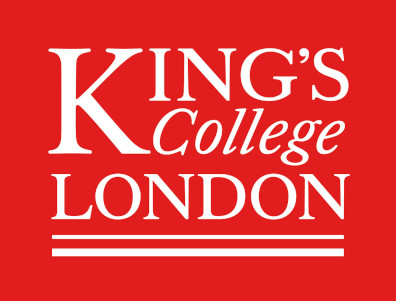
King’s College London© King's College London
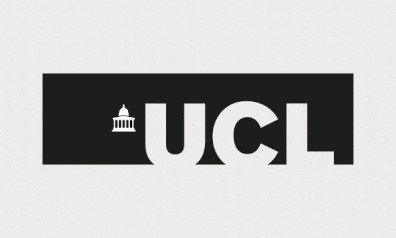
© UCL
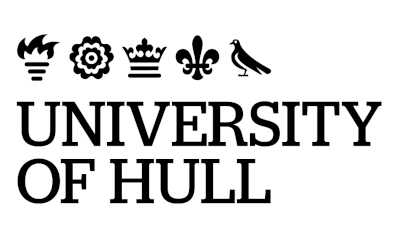
© University of Hull
Summary of the project: Circulating Cinema: the Moving Image Archive as Anglo-German Contact Zone.
A DAAD-sponsored German Screen Studies Network (GSSN) project on Anglo-German archive history and theory.
A collaborative venture across three UK universities (King’s College London, University College London, Hull), the German Screen Studies Network project Circulating Cinema involves six UK partners in joint research on the Anglo-German moving image archive. The project’s primary concern is with media artefacts and documents that illuminate suppressed or critically neglected aspects of Germany’s relations with the Anglophone world. Its interconnected subprojects are:
- Back in the GDR (Martin Brady), an investigation into the British Film Institute’s ETV archive and its leftist founder Stanley Forman;
- Cold War icon: Kwame Nkrumah (Erica Carter), a study of Ghanaian President Nkrumah’s iconic presence in East German and British postwar documentary;
- Global Cinematic Entanglements (Eleanor Halsall), on Indo-German encounters in Berlin and Bombay;
- Lotte Eisner’s correspondence (Julia Eisner), a translation project on letters between film historian and Cinématheque Francaise archivist Eisner and the collector and filmmaker Gerhard Lamprecht.
The project gains conceptual coherence through collaborative research events including the Summer 2019 theory workshop ‘Uncertainty, Turbulence, Moving Image Archives,’ (Annie Ring, in association with University of Copenhagen and Turbulence Archive UCL), and Elizabeth Ward’s Archive Researchers of Tomorrow, a research training event with the Goethe-Universität Frankfurt, Deutsches Filminstitut Frankfurt, British Film Institute and Cinepoetics Center for Advanced Film Studies Berlin. In these and other events, academic researchers explore with students, cultural practitioners and lay audiences a transnational media history shared between nation states (the UK and Germany) and across four continents from North America, to Europe, South Asia and Africa.
Contact:
- Dr Elizabeth Ward: e.m.wardhull.ac.uk
- Professor Erica Carter: erica.carterkcl.ac.uk
- Dr Martin Brady: martin.bradykcl.ac.uk
- Julia Eisner: julia.eisnerkcl.ac.uk
- Dr Annie Ring: annie.ringucl.ac.uk

© UCL

© Univerrsity of York
Summary of the project: ‘Violence Elsewhere’: Imagining Violence outside Germany since 1945
This two-year interdisciplinary project (2018-20) is led by Dr Clare Bielby of the Centre for Women’s Studies (CWS), University of York and Dr Mererid Puw Davies, Department of German, UCL, alongside an expert group from the Universities of Cambridge, Birmingham and Utrecht, Kings College London and the House of the Wannsee Conference, Berlin.
We will undertake critical analysis of ‘violence elsewhere’ in different cultural forms, from an interdisciplinary and gendered perspective. That is, we investigate constructions in recent German culture of violence taking place in distant, imagined or temporally distinct times and places. This enquiry matters because today, discourses and images of violence proliferate and circulate transnationally in unprecedented ways. ‘Violence elsewhere’, we propose, offers a stage where violence can become imaginable, representable and doable in very clear and specific ways. Moreover, in contemporary Germany, constructions of violence committed outside the country’s borders hold particular significance because of Germany’s history of violence and war in the twentieth century. Imagining, representing and perpetrating violence since 1945 in German culture has been especially fraught, and this case demands distinctive attention.
Our group, along with invited speakers, will explore ‘violence elsewhere’ through four themed workshops and public events in the UK leading to an international conference on this field since 9/11. Publications and online resources follow.
The project founds a new, inter/multi-disciplinary field of academic enquiry which will help illuminate Germany’s recent history and its present. It therefore raises the profile of German Studies and issues in contemporary Germany in UK universities and beyond.
Contact:
- Dr Clare Bielby, Centre for Women’s Studies (CWS), University of York
clare.bielbyyork.ac.uk - Dr Mererid Puw Davies
Department of German / School of European Languages, Cultures and Society (SELCS), UCL
mererid.daviesucl.ac.uk






